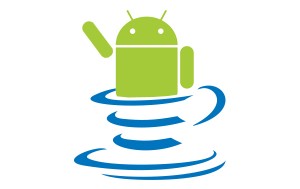 The Google/Oracle patent lawsuit is a bell-ringer of a bout when it comes to IP and technology. And if you happen to use an Android device, you’re holding Exhibit A in your hot little hand.
The Google/Oracle patent lawsuit is a bell-ringer of a bout when it comes to IP and technology. And if you happen to use an Android device, you’re holding Exhibit A in your hot little hand.
The gist of it: Oracle claims Google infringed on two patents related to its Java programming platform. (Remember that coffee cup that always pops up wanting you to update? Turns out, it’s very important.)
Not only does Oracle claim infringement, they say they were willfully infringed upon—that Google knew it was lifting patented technology when building the Android platform. This question of willfulness has a heavy bearing on the amount of reparations should the jury rule in Oracle’s favor.
The nuts and bolts of the case are, in essence, a technical he-said, she-said. Oracle claims Android works like Java, Google says it works differently. If you know your code and programming, you can check out the specifics at Wired.
The spectacle, however, is the courtroom drama and corporate intrigue—Oracle makes its case for “willful” infringement on the fact that one Android engineer worked with Java at Sun Microsystems (which Oracle bought, along with all their patents), and another is listed as co-inventor on one of the patents in contention.
The case also has a bearing on the intellectual protection status of API’s—application programming interfaces—basically, the specifications that allow software to “talk” to each other. The Oracle/Google case could set a precedent on whether API’s are subject to copyright.
And the most recent twist—a juror has been dismissed, leaving just 11 people who are now deliberating on the outcome.